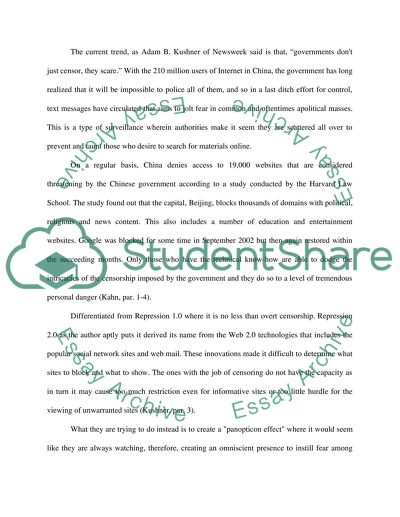Cite this document
(Media Ethics Term Paper Example | Topics and Well Written Essays - 2000 words, n.d.)
Media Ethics Term Paper Example | Topics and Well Written Essays - 2000 words. https://studentshare.org/media/1551653-media-ethics
Media Ethics Term Paper Example | Topics and Well Written Essays - 2000 words. https://studentshare.org/media/1551653-media-ethics
(Media Ethics Term Paper Example | Topics and Well Written Essays - 2000 Words)
Media Ethics Term Paper Example | Topics and Well Written Essays - 2000 Words. https://studentshare.org/media/1551653-media-ethics.
Media Ethics Term Paper Example | Topics and Well Written Essays - 2000 Words. https://studentshare.org/media/1551653-media-ethics.
“Media Ethics Term Paper Example | Topics and Well Written Essays - 2000 Words”. https://studentshare.org/media/1551653-media-ethics.


